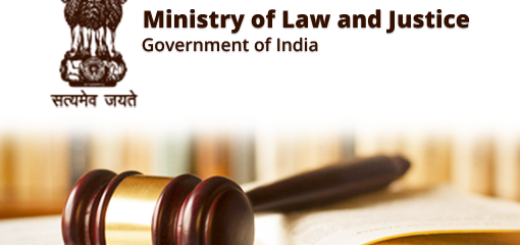Revisional power should not be used in a casual or automatic way; it can be used to fix clear legal mistakes, according to the Karnataka High Court.

The Karnataka High Court emphasized that revisional power should not be used casually or mechanically. It should only be applied to fix clear errors in law or procedure that could lead to injustice if left unaddressed. This statement came during a Criminal Petition challenging the Senior Civil Judge’s decision to reject a discharge application. Justice H.P. Sandesh explained that the decision to frame charges must be based on the case records, including documents and the accused’s oral statements. The judgment clarified that revisional power is not to be exercised lightly and is meant to correct significant legal or procedural mistakes.
The Bench referenced a Supreme Court ruling in State of Tamil Nadu v. R. Soundirarasu and Others (2023) 6 SCC 768, which stated that the Criminal Procedure Code (CrPC) allows the Court of Session to discharge an accused under Section 227 if there are insufficient grounds for proceeding. Additionally, under Section 239, a Magistrate must discharge the accused if the charges are deemed groundless. Senior Advocate Sandesh J. Chouta represented the Petitioner, while AAG Devadas represented the Respondents.
The Respondent claimed in the complaint that the Petitioner and others were involved in creating false documents. Following this complaint, the police filed an FIR. The main issue was that Siddegowda, the father of accused No.1 and grandfather of the complainant, passed away in 1996. After his death, accused No.1, who is the complainant’s father, allegedly impersonated his father to sign a relinquishment deed in favor of accused No.2, the Petitioner’s father, regarding a piece of land. Accused No.2 then changed the revenue records to the Petitioner’s name based on this deed. The police investigated the allegations and submitted a charge sheet for offenses under Sections 419, 420, 465, and 468 of the Indian Penal Code (IPC). The Petitioner, along with his father and other accused, sought to quash the criminal proceedings, but the High Court denied this request. The Petitioner later filed an application under Section 239 of the CrPC for discharge, arguing he was in Germany working as an engineer since 2005 and had not visited India between 2006 and 2008. He claimed the Trial Judge made a mistake by dismissing his application without considering this argument.
The High Court reviewed the case and stated, “After looking at the details and reasons given by the Trial Court, it is clear that the Trial Court considered the evidence, including a relinquishment deed and the transfer of properties to the petitioner. The petitioner also claimed an alibi, but this is a matter for trial, and he cannot be released based on the alibi at this stage.” The Court concluded that the Trial Court did not make any mistakes in denying the discharge application. The High Court had already examined the evidence for the charge sheet in a previous petition and rejected it under Section 482 of the CrPC. As a result, the High Court dismissed the Criminal Petition and chose not to challenge the Trial Court’s findings.
Cause Title: Jayaprakash M.R. v. State of Karnataka & Anr.
Appearance:
Petitioner: Senior Advocate Sandesh J. Chouta and Advocate G.S. Prasanna Kumar.
Respondents: AAG Devadas, AGA Gopalkrishna Soodi, and Advocate Sree Harsha A.K.









